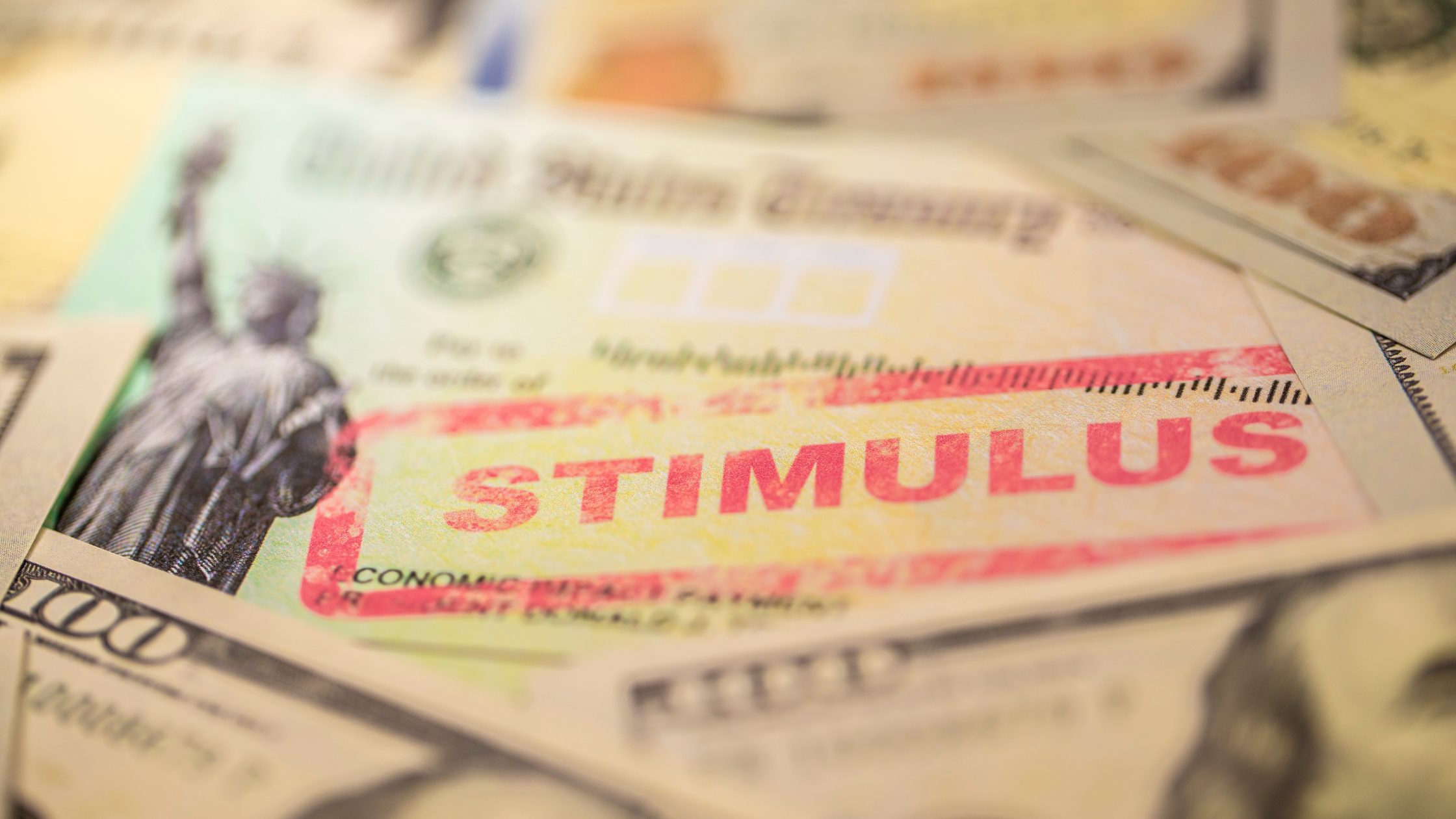
Here Is What Is in the New Stimulus Bill
Kyle Sexton
On Monday, December 21, 2020, the Senate approved a massive emergency economic relief package, government funding, and tax cuts designed to counter the effects of the pandemic and stimulate economic growth. The legislation, introduced as a 5,593-page bill, was passed with a 92 to 6 vote following weeks of intense negotiations.
Efforts to pass economic relief measures in the weeks leading to the presidential election had failed despite numerous attempts. But after the election, a bipartisan group of lawmakers teamed up and successfully negotiated for action to spur economic activity by helping businesses and consumers.
Why was the 5,593-page bill passed?
The spike in COVID cases across the country and strong concern that the economy is weakening informed the need for the federal government to intervene -- cushioning households and jump-starting the economy. Nearly a year after the first case of Coronavirus was reported, government-mandated restrictions are still in place across the country. Congress is upbeat that the stimulus bill will protect jobs, businesses, households, and livelihoods.
Just hours after the bill was sent to the White House, the President asked Congress to amend the current bill to afford a greater distribution to qualified Americans.
What is inside the $900 billion stimulus package?
As of now, the $900 billion economic relief stimulus includes:
- $600 direct payments for qualifying adults and children
- Economic assistance for struggling small businesses, including more than $284 billion for forgivable Paycheck Protection Program loans and $15 billion for theaters, cultural institutions, and other venues
- $300 per week for enhanced Unemployment Insurance benefits
- $25 billion for rental assistance and an eviction moratorium extension
- $82 billion for schools and colleges
- $10 billion to help with childcare assistance
- $13 billion in increased food assistance and child nutrition benefits
- $7 billion to bolster broadband access across the country
- Support for coronavirus vaccine distribution, testing and contract tracing efforts
- A tax credit "to support employers offering paid sick leave"
The bill extends aid to millions of households and businesses hammered by COVID. The aid is given through stimulus checks, enhanced federal unemployment benefits, and money for small businesses, childcare, and schools. It also covers the funding for free vaccination that will be distributed across states. Additionally, the package will repurpose $429 billion in unused funding provided by the Cares Act for Emergency lending programs run by the Federal Reserve.
Let's look at the key details of the bill:
Stimulus check
- The legislation provides a $600 stimulus check for each qualifying American, including children and adults.
- The size of payment reduces for persons who earned above $75,000 in the 2019 tax year. Anybody who earned above $99,000 in the 2019 tax year will not receive a stimulus check.
Jobless benefits
The legislation extends unemployment benefits of up to $300 per week.
- The benefits could begin from December 27 and run until March 14.
- The bill also extends the Pandemic Unemployment Assistance targeting part-time and gig workers who were left out of the state unemployment insurance benefits. However, applicants are now required to provide documentation that proves employment or self-employment within 21 days of applying for the benefits. Anybody extending their benefits before January 31 have 90 days to provide the documentation.
Relief for business
- The bill provides over 284 billion for the first and second forgivable paycheck protection program loans. It also expands the PPP eligibility for non-profit organizations and news outlets
- The bill provides $15 billion for the entertainment industry, including music clubs, cultural institutions, movie theatres, and entertainment venues
- The package includes $20 billion targeted grants through the Economic Injury Disaster programs
- The legislation provides a tax break for corporate meal expense
School funding
- The bill extends aid to colleges and schools, which will receive $82 billion. A $22.7 billion will go to colleges and universities and $54.3 billion for elementary and secondary education.
- The deal also provides a $10 billion package for childcare assistance.
Transportation
- The bill provides $45 billion for transportation, including $16 billion for an extra round of airline employee and contractor payroll support.
- Others are $14 billion for transit, $10 billion for highways, $2 billion for airports, and $1 billion for Amtrak.
This story is still developing. We'll update you as more info. becomes available.
